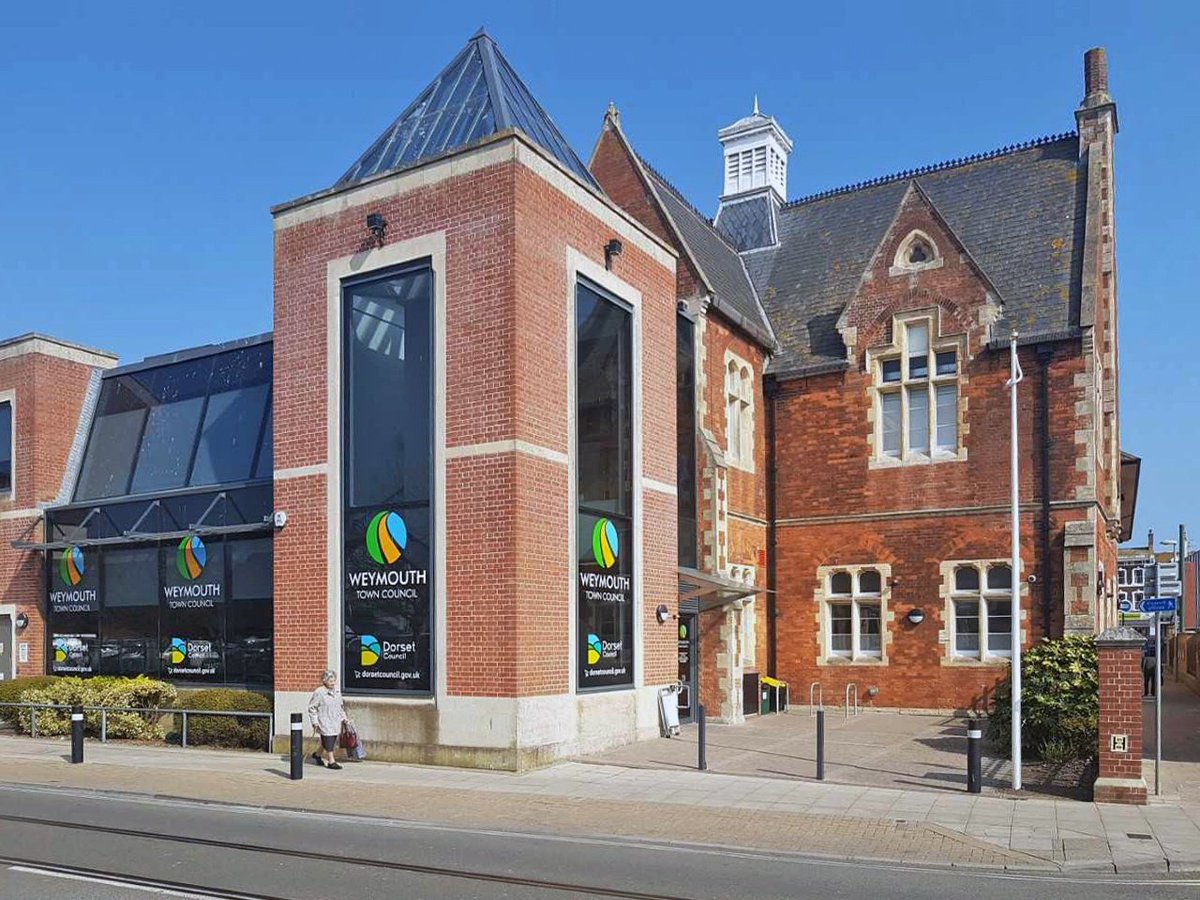Weymouth Town Council Embraces Gender-Neutral Language.
In a move reflective of the evolving societal landscape around Britain, Weymouth Town Council has taken a significant step towards inclusivity by proposing the adoption of more gender-neutral language in its official communications. The decision, reached during a meeting of the council’s finance and government committee on February 7th, signals a departure from traditional norms and a nod towards what some may dub “woke culture.”
The amendment, which alters the council’s standing orders, specifically addresses the language used to refer to councillors and council officers.
Gone is the term “chairman,” now replaced by the more gender-neutral “chairperson.” Additionally, pronouns like “he,” “him,” and “his” have been substituted with “they,” “them,” and “their” when referring to the chairperson.
This move represents a broader societal shift towards greater inclusivity and sensitivity to gender diversity. By opting for gender-neutral language, the council aims to create a more welcoming and inclusive environment for all individuals, regardless of their gender identity.
However, the adoption of gender-neutral language has not been without its critics. Some may argue that such changes are emblematic of what is often termed “woke culture” – a movement characterised by its emphasis on social justice issues, inclusivity, and cultural sensitivity. Critics of this trend often contend that it leads to an overemphasis on political correctness and stifles free speech.
Nevertheless, proponents of gender-neutral language argue that it is a simple yet powerful way to recognize and respect the diversity of individuals within society. By acknowledging and accommodating various gender identities, communities like Weymouth strive to create a more equitable and inclusive environment for all.
Weymouth Town Council’s decision to adopt more gender-neutral language in its official communications reflects a broader societal shift towards inclusivity and sensitivity. While some may view it as a manifestation of “woke culture,” proponents argue that it is a necessary step towards creating a more welcoming and equitable society for all individuals.

